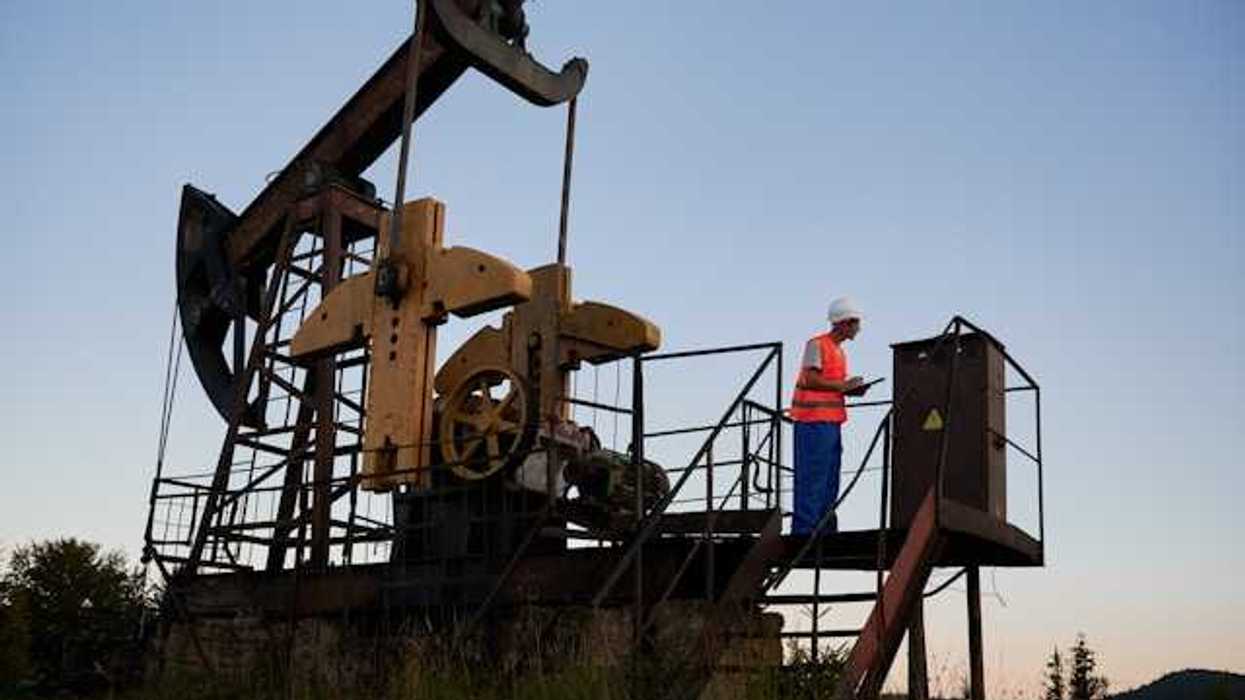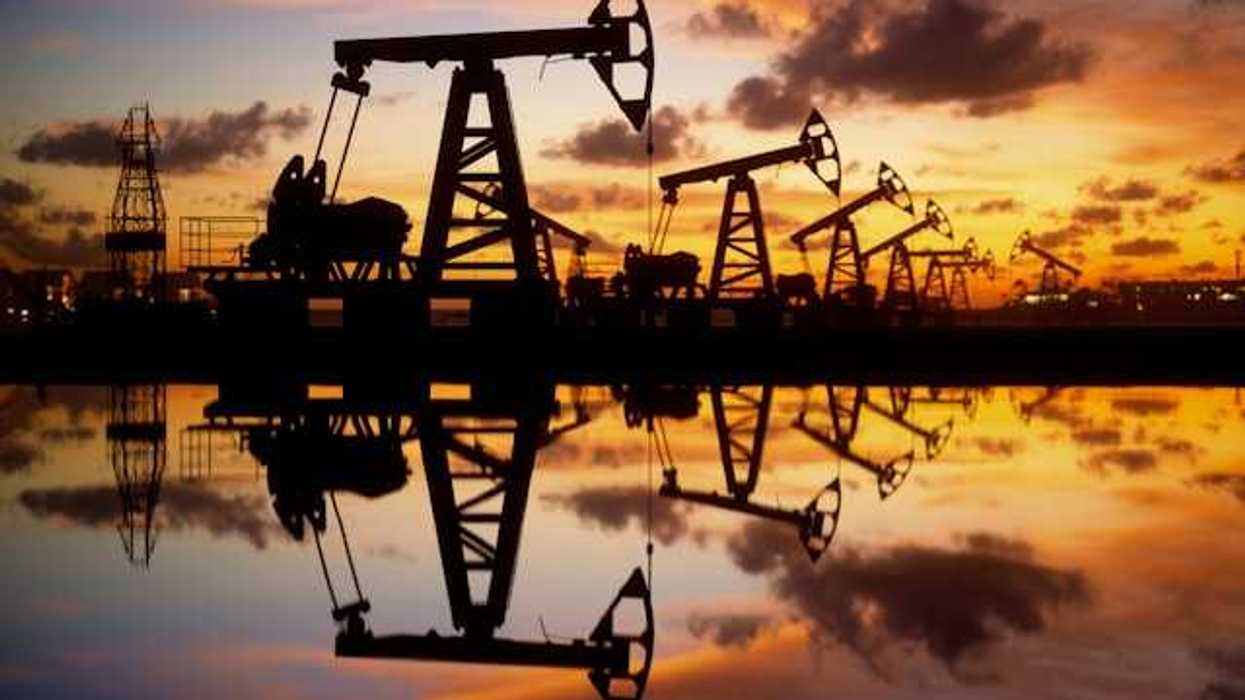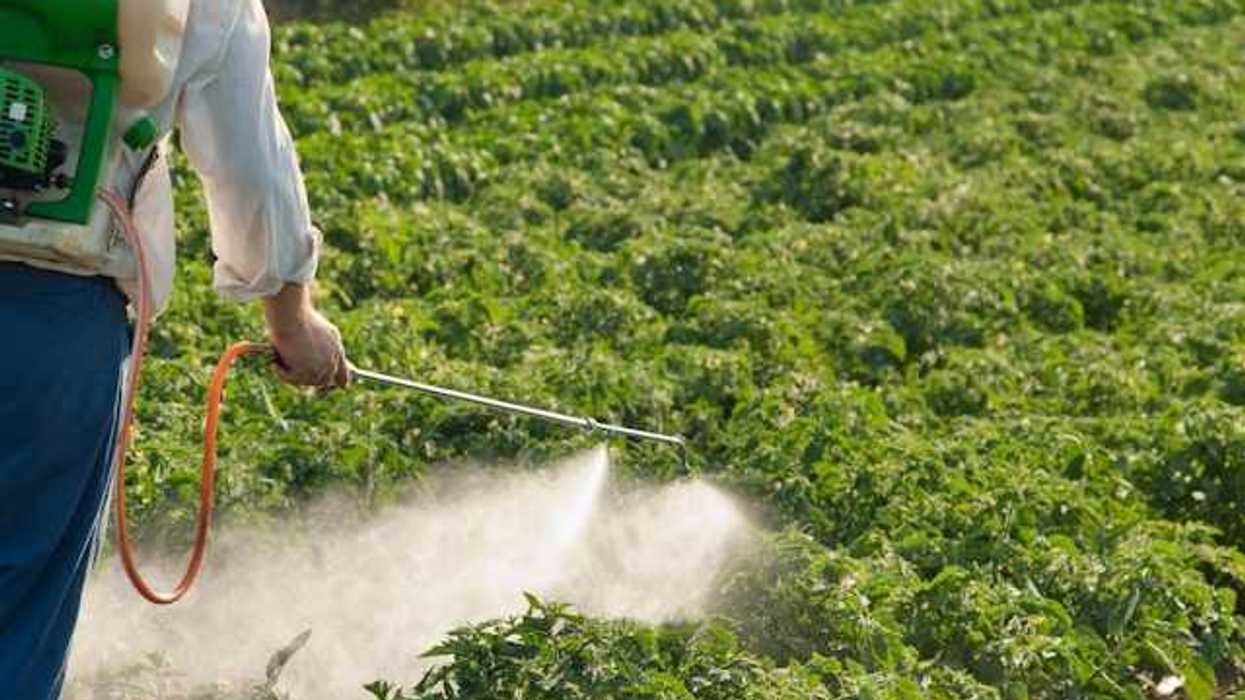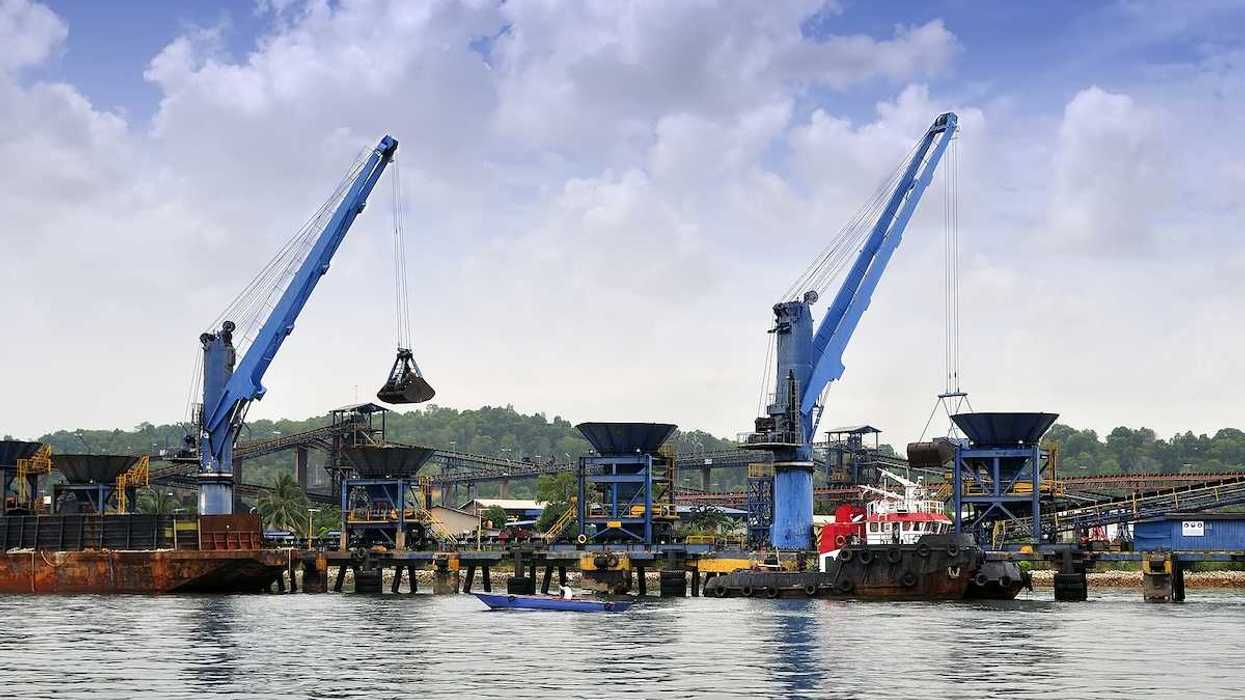Appalachia's fracking boom is driving the growth of America's plastics industry, notably in the production of vinyl chloride, a carcinogen linked to recent environmental concerns in East Palestine, Ohio.
Kiley Bense reports for Inside Climate News.
In short:
- The escalation of hydraulic fracturing in Appalachia has caused a significant upsurge in the American plastics sector.
- Central to this expansion is the heightened production of vinyl chloride, integral to PVC manufacturing, yet notorious for its carcinogenic properties.
- Recent environmental catastrophes, such as the train derailment in East Palestine, Ohio, spotlight the environmental and health hazards linked to the handling and transportation of this chemical.
Key quote:
"Plastic production is increasing not because consumers want more plastic. It’s because there’s a glut of fracked gas."
— Judith Enck, President of Beyond Plastics
Why this matters:
The surge in Appalachia's fracking and its impact on the plastics industry underscores a critical environmental and public health issue. The production and transportation of vinyl chloride, a carcinogen, pose significant risks, as seen in the East Palestine incident. This situation raises questions about the balance between industrial growth and environmental safety. How do you think communities should respond to the health risks posed by the expanding plastics industry?
Vinyl chloride, the cancer-causing chemical released in the February train derailment disaster in East Palestine, Ohio, contaminates many communities in the U.S. due to pollution from plastics manufacturing plants.














